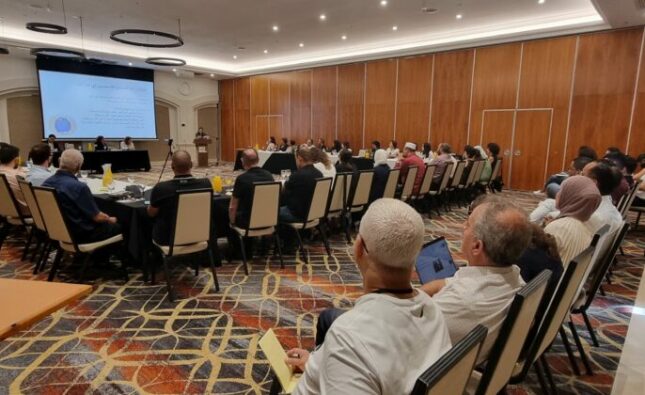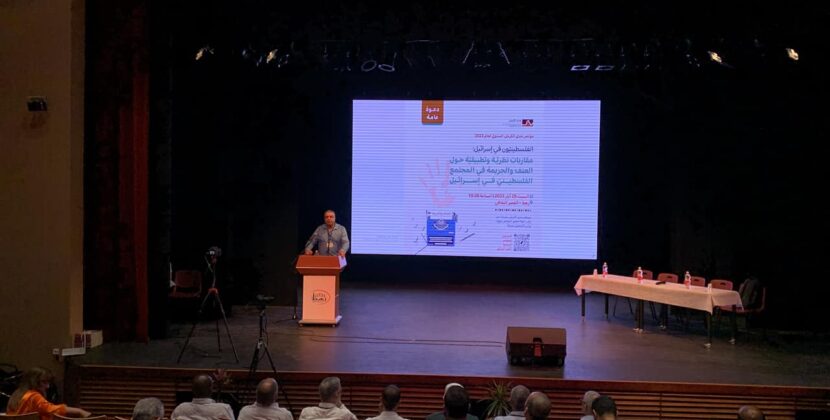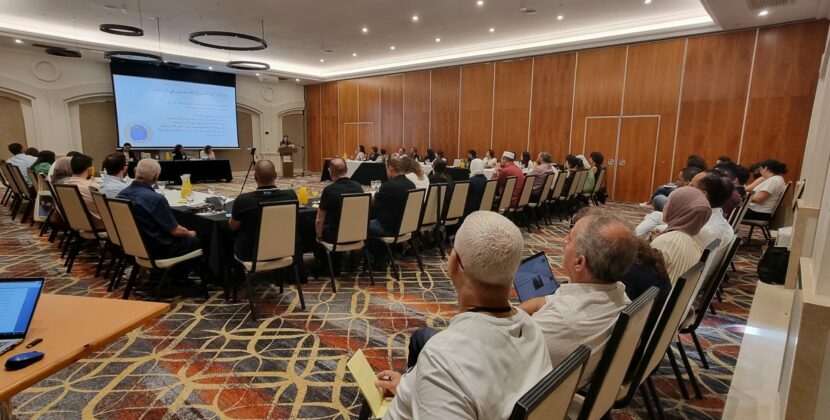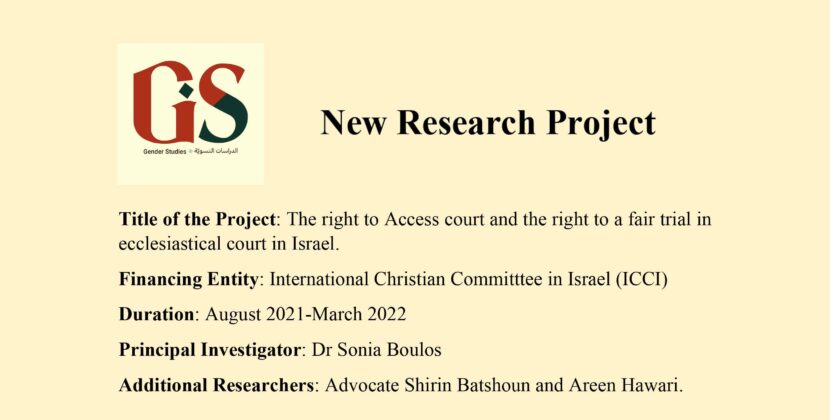The fortunes of Palestinian life in the West Bank and Gaza, across areas of economy, society and politics, are intrinsically tied to any changes that are taking place in Israel. This is largely in accordance with the content of the Oslo Accords, as well as the Paris Protocol. The Protocol served as an addendum to the accords, and formalised existing economic and trade relations between Israel and the Palestinian territories. A global Neoliberal turn set in from the late 1970s, accompanied by the retreat of left-wing parties and the advance of a freemarket-oriented political right. This turn played out in Israel from 1977 onwards, when swathes of the Israeli electorate started to turn their backs on a long-dominant Labor left in favour of Menachem Begin’s Likud party. The Palestinian Authority has similarly adopted a neoliberal economic approach since its inception in the mid-90s. This paper is part of Mada al-Carmel’s series of papers entitled “Israeli Neoliberalism” and was authored by Lamis Farraj. It explores how the tendency of successive Israeli governments to maximise the role of the private sector impacted the lives of Palestinians living the the occupied territories, and how political and economic relations with Israel came to change.
Israeli Neoliberalism (2): Neoliberal trends in Israel and their impact on Palestinian life












